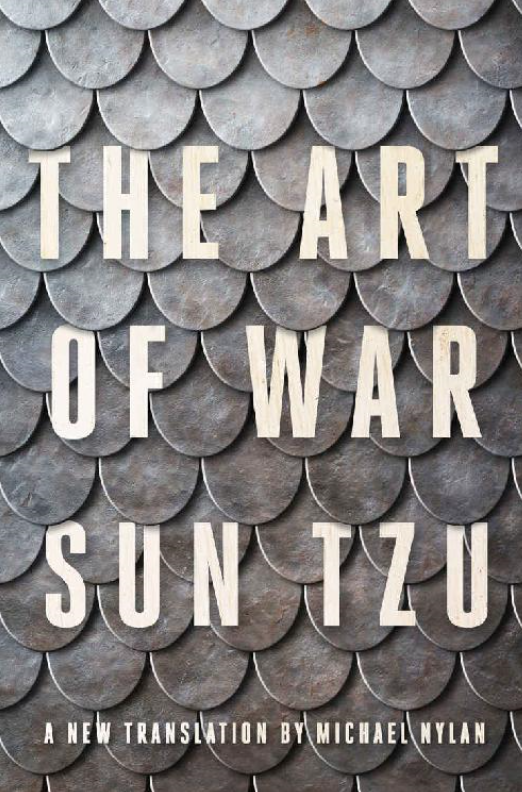
If you know the enemy and know yourself, you need not fear the result of a hundred battles. If you know yourself but not the enemy, for every victory gained you will also suffer a defeat. If you know neither the enemy nor yourself, you will succumb in every battle.
 Summary
SummaryThe Art of War is an ancient Chinese military treatise written by strategist Sun Tzu in the 5th century BCE. Though originally intended for warfare, its principles have been adapted for business, politics, sports, and personal strategy. The text emphasizes strategy, adaptability, and psychological tactics over brute force, advocating for victory through intelligence and efficiency.
Core Themes & Lessons:
Preparation & Planning: “Every battle is won before it is fought.” Sun Tzu stresses knowing oneself, the enemy, and the terrain.
Flexibility: Adapt tactics to changing circumstances (“Be extremely subtle, even to the point of formlessness”).
Deception: Mislead opponents to create advantages (“All warfare is based on deception”).
Efficiency: Win without fighting by outmaneuvering the enemy (“The supreme art of war is to subdue the enemy without fighting”).
Leadership: Commanders must be disciplined, decisive, and empathetic to their troops.
The book is divided into 13 chapters, each focusing on a different aspect of warfare (e.g., laying plans, attacking by stratagem, terrain, fire attacks). Its timeless wisdom has influenced leaders from Napoleon to modern CEOs like Mark Zuckerberg.